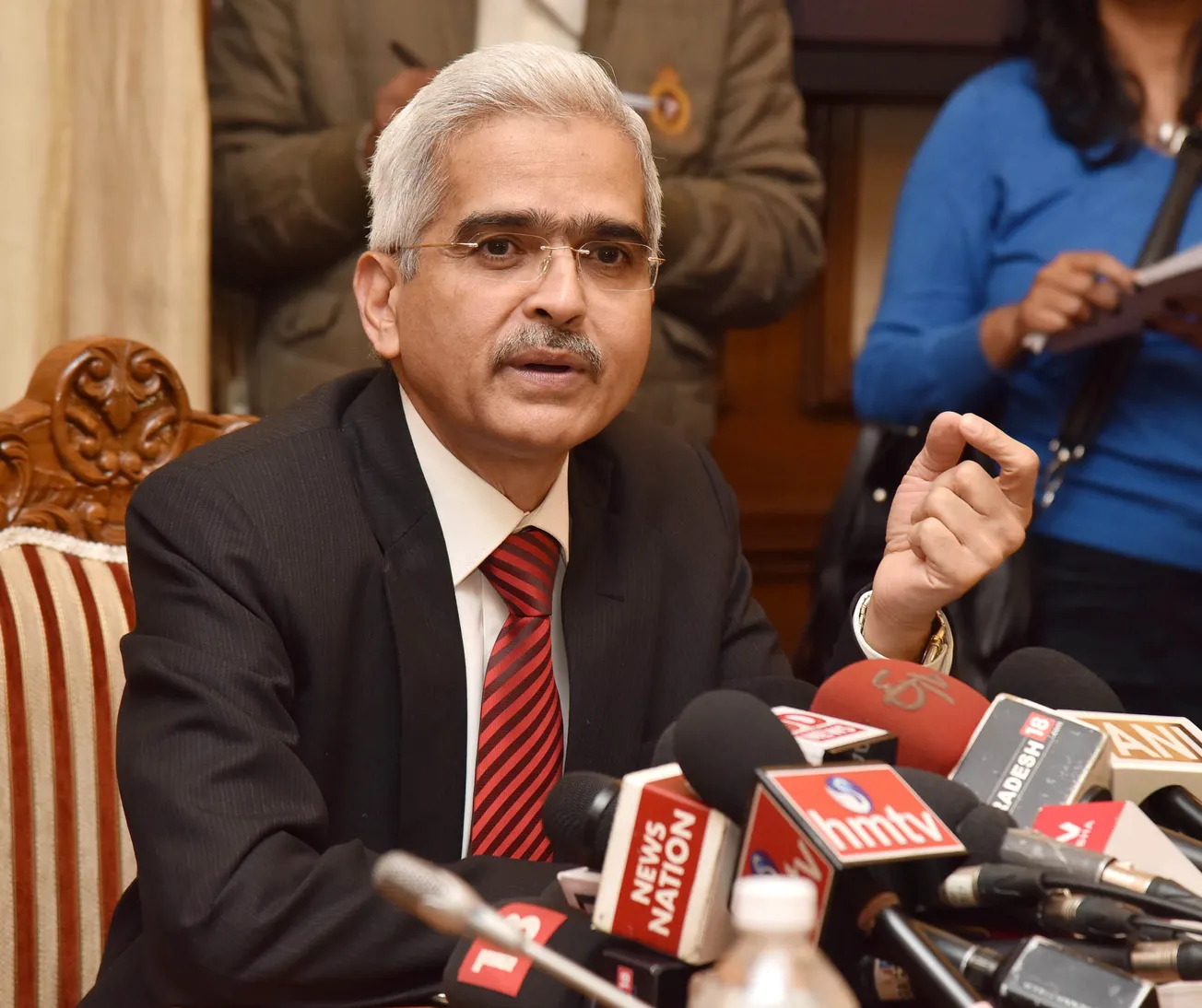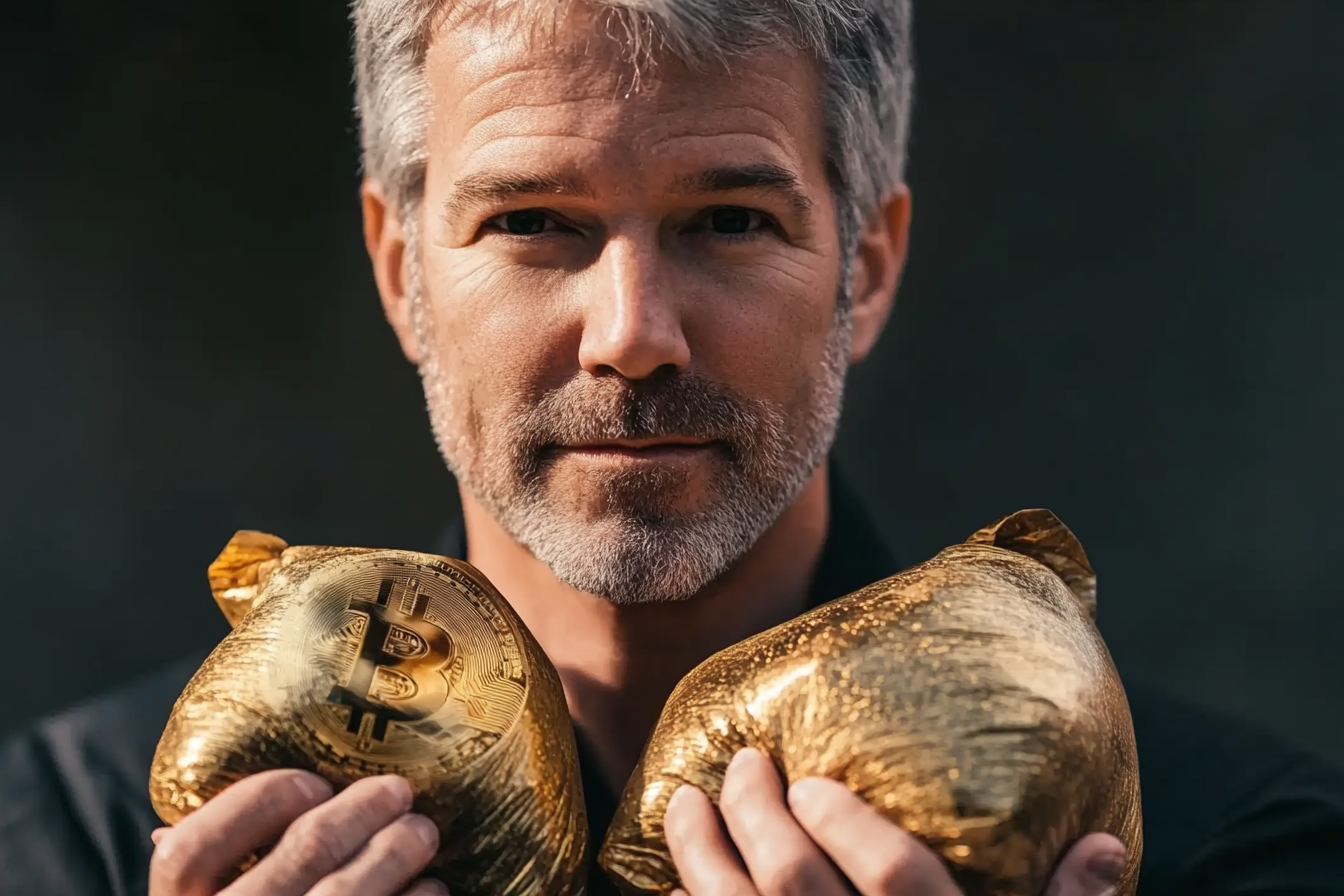Table of Contents
Reserve Bank of India (RBI) governor Shaktikanta Das has warned that private cryptocurrencies could cause the next financial crisis if they continue to be unregulated.
At an industry event on Wednesday, Das said that the RBI’s concern main concern is that cryptocurrencies don’t have any underlying value, and have “inherent risks for out macroeconomic and financial stability.”
“It [trading private cryptocurrencies] is a hundred percent speculative activity, and I would still hold the view that it should be prohibited … because, if it is allowed to grow, if you try to regulate it and allow it to grow, please mark my words, the next financial crisis will come from private cryptocurrencies,” Das said.
Das’ comments come as the central bank pushes to introduce its own CBDC (central bank digital currency). Earlier this month, the RBI commenced the testing of its retail CBDC, the e₹-R (e-rupee), in Mumbai, New Delhi, Bengaluru and Bhubaneswar, with the initial participation of four banks, including the State Bank of India, ICICI Bank, Yes Bank and IDFC First Bank.
Ambiguous landscape
In April, the Indian government implemented a 30% tax on crypto gains – equivalent to India’s highest income tax bracket. Two months later, in July, the government introduced an additional 1% transaction deduction at source (TDS), which means that crypto users have to pay an additional 1% fee on every transaction.
Furthermore, according to KPMG, there are 15 homegrown crypto exchanges in India as of June 2022, most of which are of privately owned, and there remains no designated regulator to oversee their operations or regulate any settlement risk.
Related: Inside India’s Growing Web3 Ecosystem
However, despite the ambiguous landscape, the country still has a vibrant web3 startup ecosystem, and a young population that appears keen on developing the industry.
“Indian Web3 startups have focused less on purely speculative cryptocurrency trading. Instead they are focusing on building diverse web3 solutions across all major application areas,” Raj Kapoor, founder and CEO of India Blockchain Alliance, told Blockhead.









